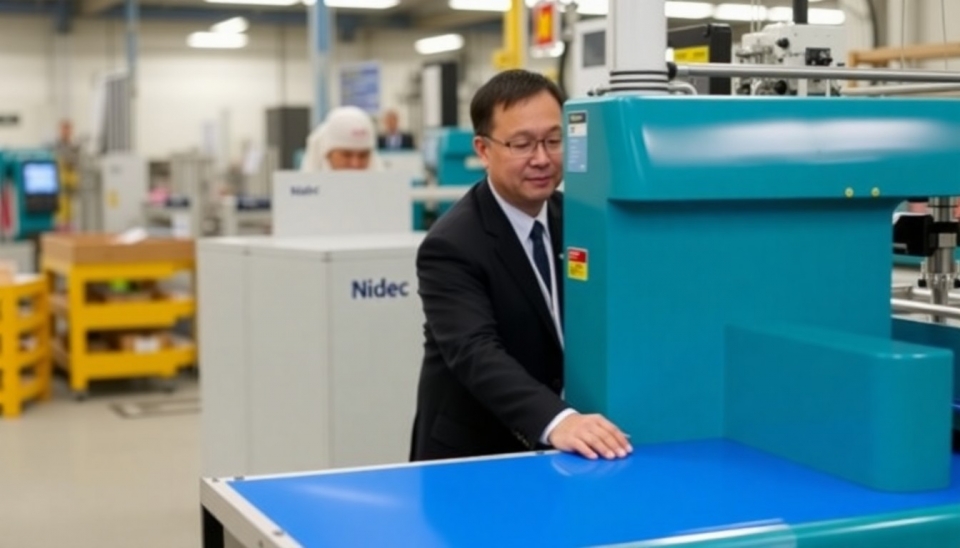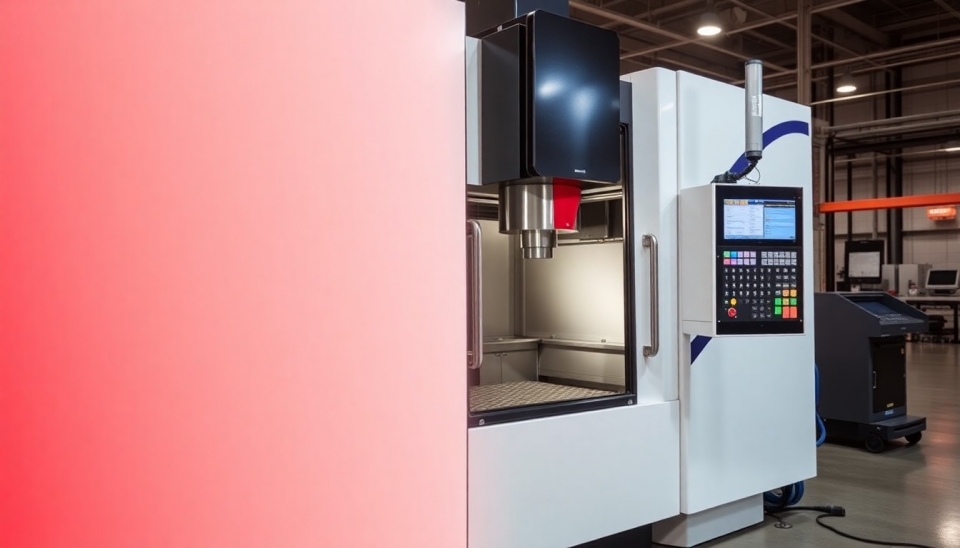
In a strong display of solidarity, the union representing workers at Makino Milling, a prominent player in the machining and manufacturing industry, has publicly declared its opposition to any potential acquisition by Nidec Corp, a major Japanese motor manufacturer. This announcement comes as Nidec has expressed interest in expanding its reach through the acquisition of Makino, an endeavor that the union believes would jeopardize job security and workplace stability.
The Makino union's statement emphasizes the need to prioritize the welfare of its employees, highlighting concerns that Nidec's takeover could lead to significant layoffs, changes in working conditions, and a shift in the company's operational focus away from the needs and expertise of its current workforce. Union leaders have articulated that the proposed takeover could disrupt the culture and values that have long been entrenched at Makino, which they argue are essential for maintaining quality production and employee morale.
This resistance from the union is not just about protecting jobs; it is also rooted in fears about the overall direction Nidec might pursue if it gains control of Makino. There are apprehensions that Nidec, known for its aggressive growth strategies and focus on robotics and high-tech solutions, might overlook the traditional manufacturing practices that have made Makino a respected name in the industry for decades. Workers are worried that such a change in leadership philosophy could diminish the quality of products and services that they take pride in delivering.
In response to the union's stance, Nidec has reiterated its commitment to upholding and enhancing the legacy of Makino should the acquisition go through. However, union representatives remain skeptical, insisting that promises made during negotiations may not translate into real benefits for employees post-acquisition. They fear that corporate goals will overshadow individual job security and long-term employee interests.
The union has called for an open dialogue with Nidec, seeking clarity on how the takeover would be managed and the specific measures that would be put in place to protect jobs and maintain workforce stability. They emphasize the importance of maintaining a transparent and engaging conversation throughout this process, advocating for the rights and concerns of employees to be at the forefront of any potential deal-making discussions.
As the situation develops, both sides are preparing for the possibility of a prolonged negotiation process. The union has mobilized its members to prepare for any eventualities relating to the takeover and has indicated a willingness to engage with shareholders and other stakeholders who may have interests in the outcome of the deal.
This situation dovetails with a larger trend in the industry, where consolidation among firms has raised questions about how rapid growth and expansion can sometimes come at the cost of employee welfare. The Makino union's decision to resist Nidec's proposed acquisition underscores the ongoing tension between corporate ambitions and the rights of workers—an issue that is increasingly coming to the forefront in today's economy.
As both Nidec and Makino navigate these turbulent waters, how they address the union's concerns could significantly influence the future landscape of the manufacturing sector. Workers and industry analysts alike will be closely watching how this unfolding situation impacts not just the immediate employment landscape but also sets precedents for similar negotiations in the future.
As the union continues to rally its members and advocate for their rights, the voice of the workforce remains a powerful force in shaping the course of corporate actions and ensuring that employees have a say in the future of their jobs.
#MakinoMilling #Nidec #LaborRights #UnionStrong #CorporateTakeover #ManufacturingIndustry #JobSecurity
Author: Emily Collins
